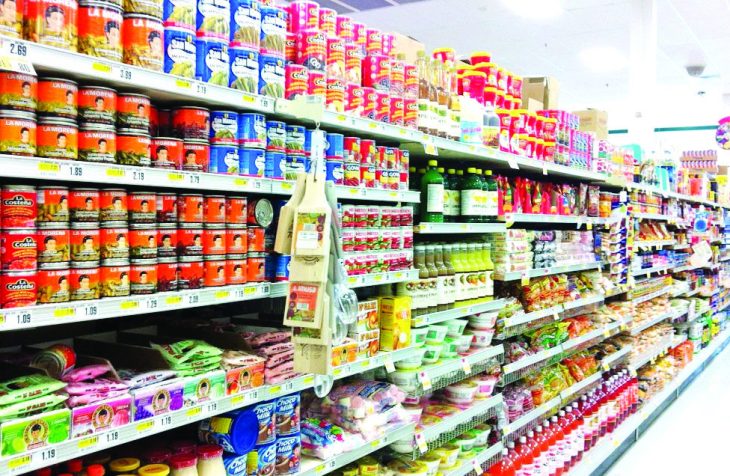
Malawi’s Economic Resilience: Navigating Growth Amidst Inflation Correction
Key Business Points
- Low Inflation is a Boost for Consumers: The recent drop in headline inflation to 27.7 percent in May 2025 is a positive trend for Malawi’s business community, indicating lower prices and reduced pressure on household spending.
- Food Inflation on the Decline: Food inflation fell by 3.1 percentage points to 32.7 percent in May, driven by steady supply and falling maize prices, which is a welcome relief for local consumers and businesses.
- Investment Opportunities Amid Challenges: Despite the positive trends, non-food inflation remains high, driven by foreign exchange shortages and a tough business environment, highlighting the need for effective policy measures to attract investment and stimulate economic growth.
Malawi’s economy is showing signs of relief as the headline inflation rate for May 2025 dropped to 27.7 percent, down from 29.2 percent in April, according to the latest Consumer Price Indices report published by the National Statistical Office (NSO). The report highlights a notable decline in food inflation, which fell by 3.1 percentage points to 32.7 percent in May, compared to 35.8 percent in April. Non-food inflation, however, recorded a slight increase, rising to 20 percent from 19.4 percent in the previous month.
Consumers Association of Malawi Executive Director John Kapito attributed the decline in inflation to the drop in maize prices, driven by steady supply on the local market. The falling maize prices are a direct result of the harvest season reaching its peak, with retail maize prices declining to their seasonal low of K928 per kilogramme in the third week of May, according to the International Food Policy Research Institute (IFPRI)’s Maize Market Report for May 2025.
Economist Velli Nyirongo described the current decline in inflation, particularly food inflation, as a positive development, pointing to improvements in food supply. However, he warned that non-food inflation remains sticky, largely driven by foreign exchange shortages and a tough business environment, which continues to put upward pressure on prices of goods and services outside the food sector. As businesses and investors look to capitalize on the opportunities presented by Malawi’s growing economy, it is essential to address the challenges facing the non-food sector to ensure sustainable growth and development. With the right policy measures, Malawi can continue to attract investment and stimulate economic growth, creating new opportunities for local entrepreneurs and businesses to thrive.
What are your thoughts on this business development? Share your insights and remember to follow us on Facebook and Twitter for the latest Malawi business news and opportunities. Visit us daily for comprehensive coverage of Malawi’s business landscape.
- Kanyika Niobium Mine Breaks Ground: Fuelling Malawi’s Business Growth - February 12, 2026
- RBM Tightens Grip: K145bn Treasury Decision Impacts Malawi’s Economic Landscape - February 11, 2026
- Malawi Entrepreneurs: Scale Your SME, Strengthen the Economy - February 10, 2026
